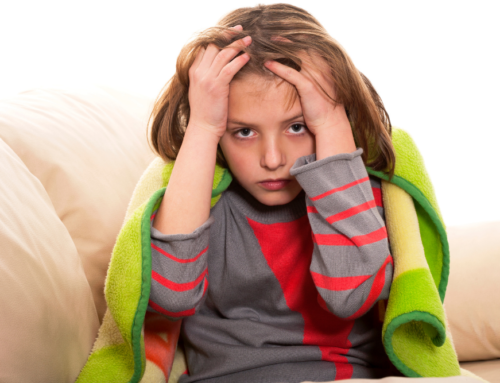
According to the American Psychiatric Association, 50 percent of mental illness begins by age 14, and 75 percent begins by age 24. The adolescent and teen years are challenging times for almost all experiencing them. With social and academic pressures bubbling along with the introduction of driving, sexuality and temptations around substance use, any teen can feel challenged regardless of a medical diagnosis or not.
When you consider the hectic lifestyle of raising a teen, it’s easy to overlook the importance of their mental health and wellness. It is imperative to teach your teen the coping skills needed to deal with these emotions successfully
So, what is a coping skill?
Coping skills are strategies we develop to decrease stress levels and manage difficult or overwhelming emotions within our everyday lives. Coping skills can be positive and contribute to overall health, wellness and emotional stability.
Unfortunately, if positive coping skills are not developed, an individual may develop maladaptive or destructive coping skills such as substance use, eating disorders, self-harming behaviors, gambling, drinking or social withdrawal.
How do I Help Develop Positive Coping Skills in my Teen?
To develop positive coping skills in your teen, encourage them to recognize their emotions instead of avoiding them. Discuss the concept of mindfulness and building awareness of their emotions and actions. It is helpful to teach your teen a perspective in which emotions, good and bad, are temporary, part of experiencing life, and are an opportunity for personal growth.
Encourage them to share their emotions with you, a therapist or another trusted individual. Teaching your teen to verbalize their emotions allows them to feel validated and may provide immediate relief. If your child feels stuck or stressed about a certain situation, problem solving skills like brainstorming a list of options and consequences or creating a pros and cons list can bring more certainty and relief. Sometimes developing organizational skills may be exactly what they need to de-stress.
Talking to your teen about self-care and modeling proper self-care will show them how to take care of their needs and prioritize their mental wellness. Taking a hot shower, eating a nutritious meal, taking a break from a heavy workload, getting a full night’s sleep are all good techniques.
What are Some Examples of Positive Coping Skills?
The Youth Mental Health First Aid curriculum notes that for coping skills to effectively support mental wellness, they need to be safe and they need to be enjoyable for the young person. Your “go to” coping strategy may not be relevant to your teen, so support them as they explore. Coping skills can be a fun, creative outlet to let your child express their emotions safely. Developing and maintain positive coping skills takes practice over time. Positive coping skills include:
- Meditation
- Yoga
- Reading
- Listening to or watching comedy
- Listening to or playing music
- Gardening
- Exercise
- Dance
- Spirituality
- Taking care of pets
- Knitting
- Journaling
- Creating art
If you ever have a question about your children, want to schedule a check-up appointment, or are looking for a Denver-area pediatrician and want to learn more about our practice at Mountainland Pediatrics, call us at 303-430-0823.



